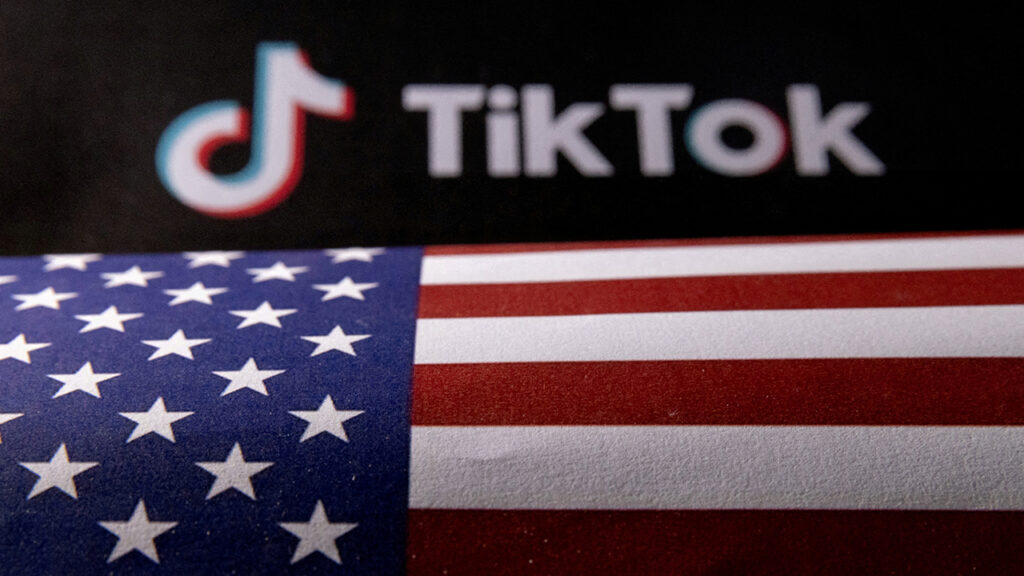TikTok and its parent company ByteDance are set to face a pivotal moment in their legal battle against a potential ban in the United States, as the U.S. Court of Appeals for the District of Columbia prepares to hear oral arguments on Monday. The hearing could determine the fate of the popular social media platform used by an estimated 170 million Americans, with a possible ban looming as soon as January 19, 2024.
The legal challenge centers on a law passed by Congress in April, which gives ByteDance until January 19 to divest TikTok or face a ban in the United States. TikTok and ByteDance argue that this law is unconstitutional and violates Americans’ free speech rights, describing it as “a radical departure from this country’s tradition of championing an open Internet.”

The timing of this legal battle is particularly significant, as it unfolds during the final weeks of the 2024 presidential election campaign. Both Republican candidate Donald Trump and Vice President Kamala Harris have active TikTok accounts, using the platform to court younger voters, underscoring the app’s political relevance.
Circuit Judges Sri Srinivasan, Neomi Rao, and Douglas Ginsburg will preside over the hearing, considering legal challenges brought by TikTok and its users. Both TikTok and the Justice Department have requested a ruling by December 6, potentially allowing time for the U.S. Supreme Court to review the decision before any ban takes effect.
The law in question was driven by concerns among U.S. lawmakers that China could access data on American users or use the app for espionage purposes. It passed Congress with overwhelming support just weeks after being introduced, reflecting bipartisan apprehension about TikTok’s Chinese ownership.

ByteDance has maintained that divestiture is “not possible technologically, commercially, or legally,” arguing that without court intervention, an unprecedented ban will be implemented on January 19. President Joe Biden, who signed the law in April, has the option to extend the deadline by three months if he certifies that ByteDance is making progress toward a sale.
The White House and supporters of the law emphasize that the measure targets Chinese-based ownership of the app on national security grounds, rather than seeking to eliminate TikTok entirely. They argue for an end to Chinese-based ownership while maintaining that a complete ban on TikTok is not the goal.
This legal battle highlights the complex intersection of technology, national security, and international relations. It also raises questions about the balance between protecting national interests and preserving free speech and open internet principles.
As the court hearing approaches, the tech industry, policymakers, and millions of TikTok users are closely watching the proceedings. The outcome could have far-reaching implications not only for TikTok’s future in the United States but also for the broader landscape of social media regulation and international technology companies operating in the U.S. market.



